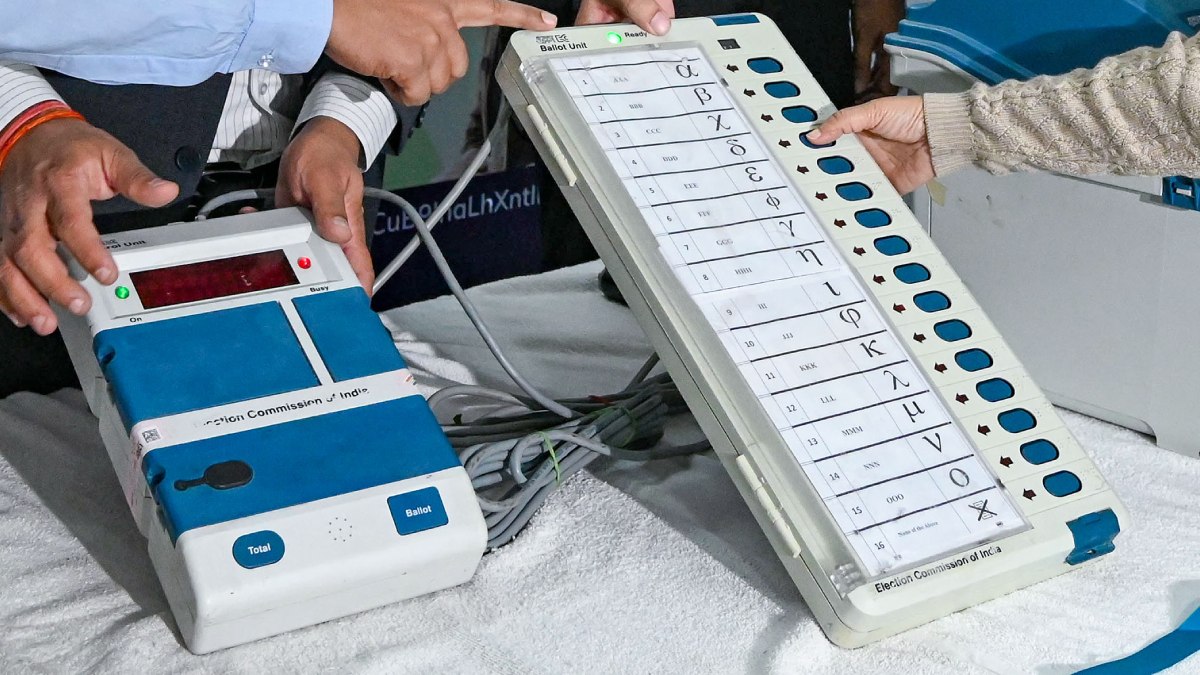Deep division on key laws, say Iraqi lawmakers
BAGHDAD, Sept 13 (Reuters) Iraqi leaders are still deeply divided over key laws aimed at ending sectarian strife in the country, two Iraqi Sunni Arab lawmakers said today. despite heavy US pressure to pass the legislation.
The comments followed sharp criticism from US lawmakers this week, during Congressional testimony by the top two US officials in Iraq, over Iraq's failure to pass laws seen as vital to repairing deep sectarian divisions.
Shi'ite Prime Minister Nuri al-Maliki said 10 days ago that a draft of the so-called debaathification law to ease curbs on members of the Baath party rejoining the civil service and military had been presented for debate.
But lawmakers today squabbled over what stage the debaathification bill had reached, indicating the latest draft was a long way from being passed into law.
''Discussion adjourned until next week to settle differences between all parties and it will then be referred to parliament,'' Saleem al-Jubouri, a prominent Sunni Arab lawmaker said.
Rasheed al-Azawi, a member of a committee set up to iron out differences over the bill between Shi'ites and Sunni Arabs, said a new draft was sent to parliament three days ago.
Many Baath members were Sunni Arabs who now feel persecuted by the Shi'ite-led government. Shi'ites fear a return to power of Baathists after years of persecution under Saddam.
Azawi said the main sticking point remains whether former Baath party members who worked in security or intelligence could return to their old jobs.
FOSTERING RECONCILIATION The debaathification law is one of the benchmarks set by Washington to foster reconciliation between majority Shi'ites and minority Sunni Arabs who were dominant under Saddam.
The others include a crucial but stalled oil law that would share revenues from Iraq's rich oil fields and a bill that would set a date for provincial elections. Neither of the latter two have been presented to parliament yet.
Jubouri said the oil law was discussed yesterday but no agreement was reached.
''No near-term agreement is expected on the oil law and long debates are expected ahead,'' he said.
The oil law will determine control of the world's third-largest proven oil reserves and how revenue is distributed between the country's sects and ethnic groups.
Jubouri said key sticking points such as production-sharing contracts and annexes, as well as conflicts between Baghdad and the semi-autonomous, oil-producing region of northern Kurdistan have yet to be resolved.
Iraq's top five Shi'ite, Sunni Arab and Kurdish leaders agreed on the draft debaathification legislation on August 26 after crisis meetings called to resolve Iraq's political logjam.
That was seen as a sign of progress ahead of key testimony to Congress this week by General David Petraeus, the US military commander in Iraq, and Ambassador Ryan Crocker.
Petraeus and Crocker spoke of some security improvements in Iraq but limited political progress.
Jubouri and Azawi are members of the Accordance Front, the main Sunni Arab bloc in parliament, which triggered a crisis last month by pulling out of Maliki's fractured government. It has kept its seats in parliament.
Reuters
SS
RS1906


 Click it and Unblock the Notifications
Click it and Unblock the Notifications




